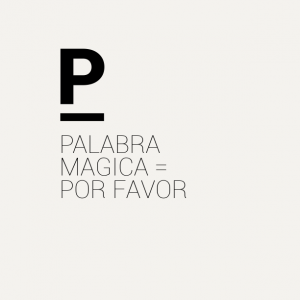Costa Rican society is decidedly polite compared to that of the U.S. It might be the biggest area of reverse culture shock one will experience after being here for a long time and then returning to the U.S. At least, that has been my experience. Some describe Costa Rica culture as “passive-aggressive.” I prefer to just call it polite, since no one ever really knows what is going on behind a smile, but it’s still a more pleasant experience than a scowl.
Now there are exceptions to every rule. Those apply here on the streets, avenues and highways. Just put the most polite, well refined Tico behind the steering wheel of an automobile, and it is like pouring water on a “gremlin” (you remember those lovable little creatures from that early Spielberg kid-flick?). Yea, they become little demons hell-bent on destruction. But outside of that environment, politeness rules.
I am still trying to adapt, because sometimes I just don’t feel like being polite. Those times are usually when I am too wrapped up in what is going on in my life at the moment (or in my head) to take the time to try to brighten someone’s day with a simple, disculpe, por favor, or gracias. Here folks are just polite, even when they may not be having the best day. It is not as if they are “faking it.” The politeness comes natural. In the culture of the U.S., you can readily tell when someone is faking it, can’t you? You know, the so-called “courtesy laugh” at that joke you blew, or the “courtesy smile” when lurking just behind it is seething cynicism.
I am one of those persons that tends to wear his emotions on his shirt sleeve and that does not always go over so well in this culture. I am learning to be naturally polite, because I admit I am not (as any of my friends here will attest). I am polite when and if I feel like it. The Spanish language of politeness does not roll off the tip of my tongue as easily as “hey that’ll be 20 dollars of super and check the oil while you’re at it.”
But politeness will get you further in Costa Rica. It will open doors that sometimes appear to be shut to gringo expats who haven’t learned the language of politeness yet. It will develop and strengthen relationships. It will make you feel better because you are making others feel better. Because in reality life is not all about us, is it?
To refuse to learn to adapt to this culture of politeness is to remain in the cynical and pessimistic world where one always demands that his needs be met and to hell with anyone else. That does not go over so well down here.
So take a tip from the Costa Rica Guy and make your first Spanish lesson be to learn the language of politeness. And the “palabra mágica” is……P-O-R F-A-V-O-R.
Gracias, Adios!

[…] Tico culture is for the most part extremely polite and cordial. It pays to learn to hold one’s temper and learn to say please and thank you. A […]